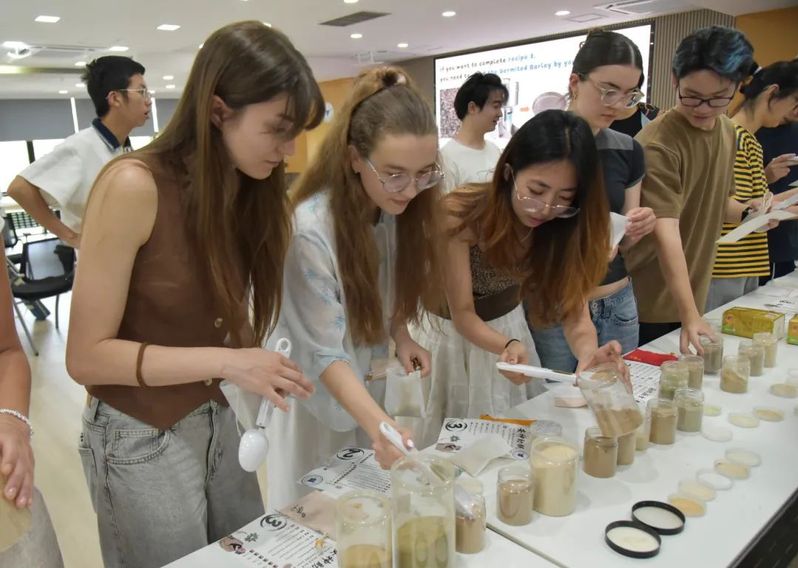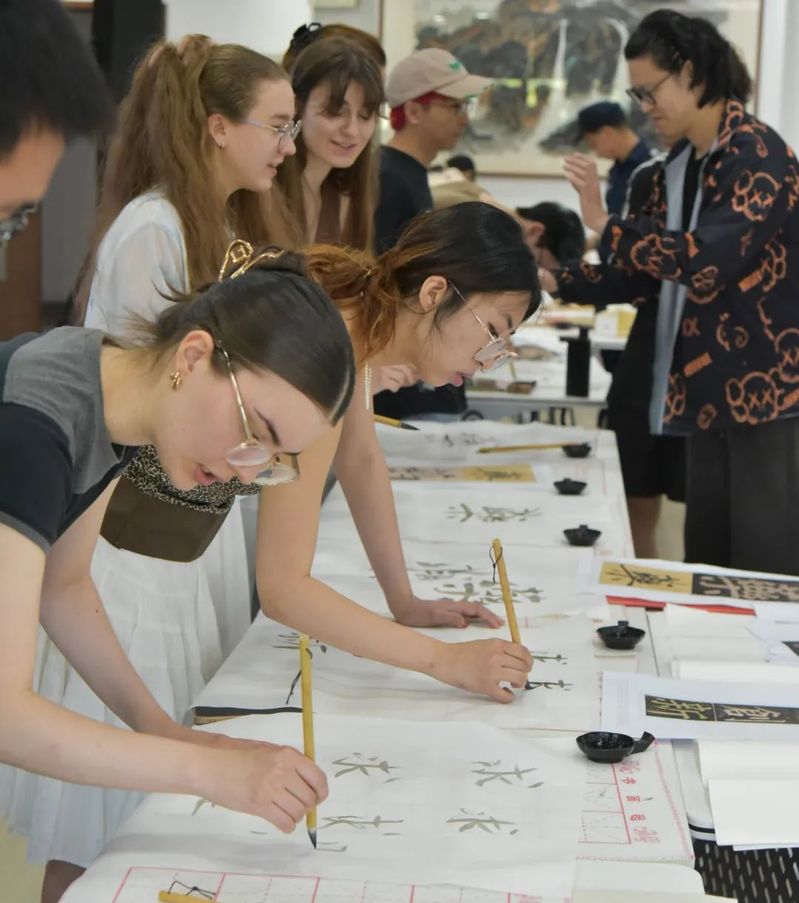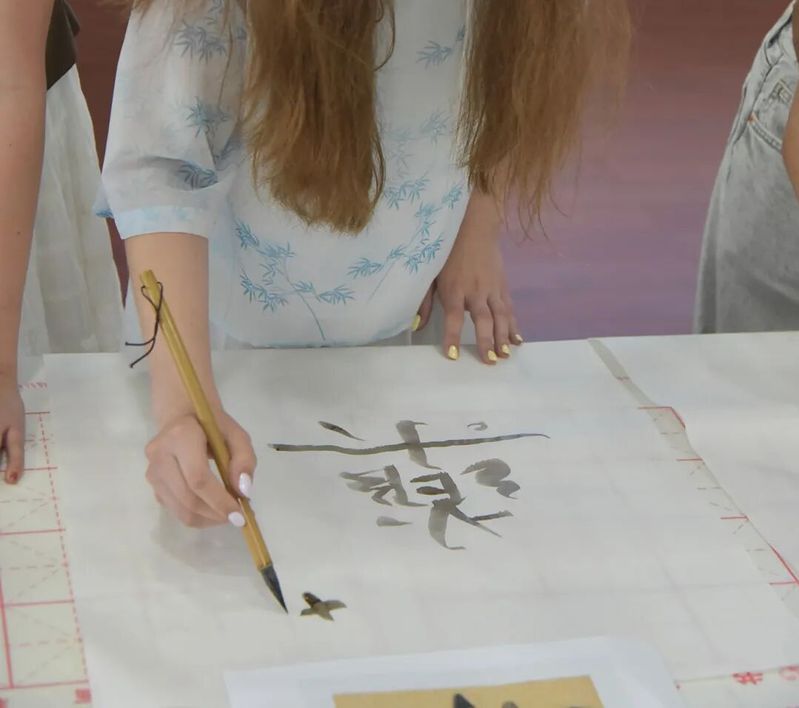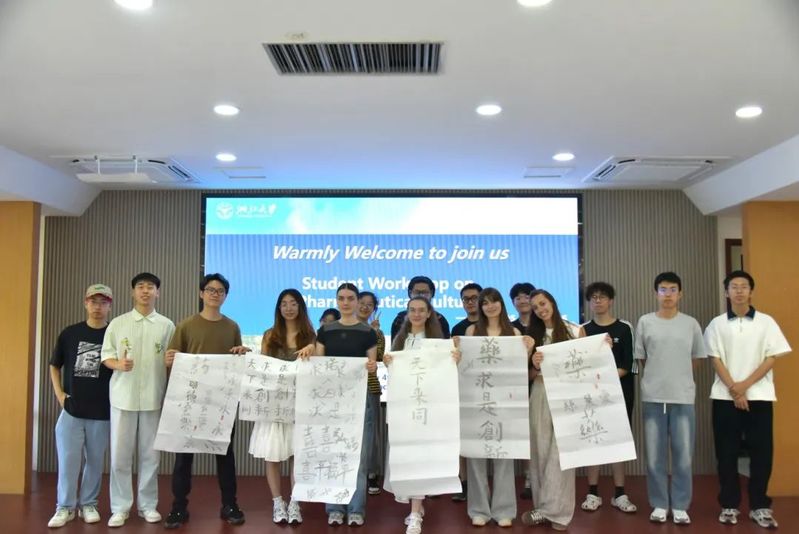
"Grips" Six International Students Embark on Pharmaceutical Research Journey
Recently, the School of Pharmacy at Zhejiang University welcomed six international students from the University of California, San Diego; the University of Wisconsin-Madison; Karolinska Institutet; Queen's University Belfast; and the University of Milan as part of the Global Research Immersion Program for Young Scientists in the Yangtze River Delta region. The School served as one of the host institutions for the Life Sciences and Medicine track of this program. During the project period, students engaged in literature reviews, experimental operations, academic seminars, and presentation exchanges on topics including pharmaceutical-device combination products, artificial intelligence in pharmacy, and high-content screening and analysis of bioactive compounds in traditional Chinese medicine. This multifaceted approach enabled them to gain a comprehensive understanding of pharmaceutical theory and its practical applications. Faculty mentors Zhen Gu, Yi Wang, Yuqi Zhang, Jicheng Yu, Jinqiang Wang, Hongjun Li, Lu Zhao, Yu Tang, and others provided dedicated guidance throughout the students' research internships.
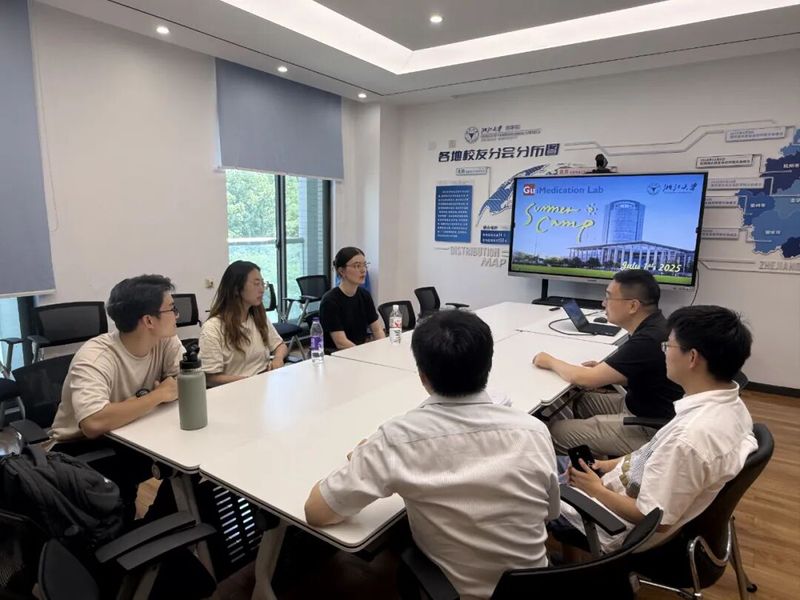
On July 4th, a lively and enjoyable exchange event for Chinese and international pharmacy students was held at the college. Six international students and ten students from the School of Pharmacy participated together. At the beginning of the event, students quickly built rapport through icebreaker activities such as self-introductions, talent performances, and free-flowing conversations, while also gaining a deeper understanding of the college.
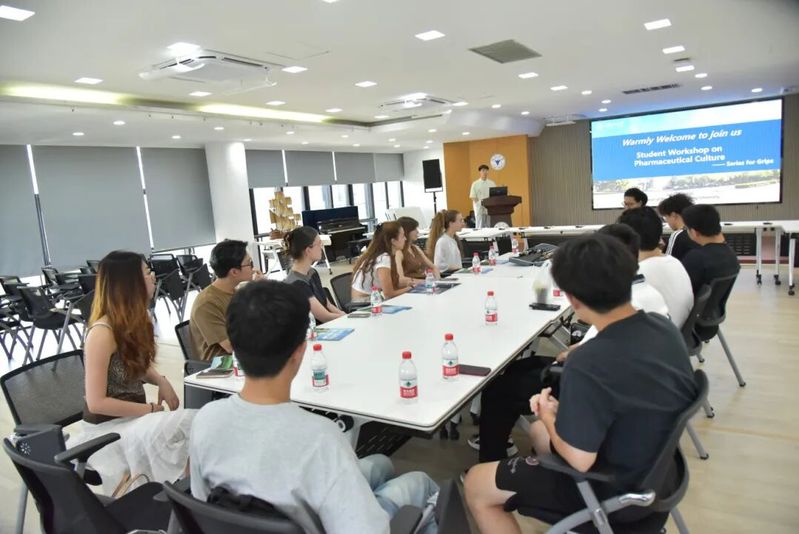
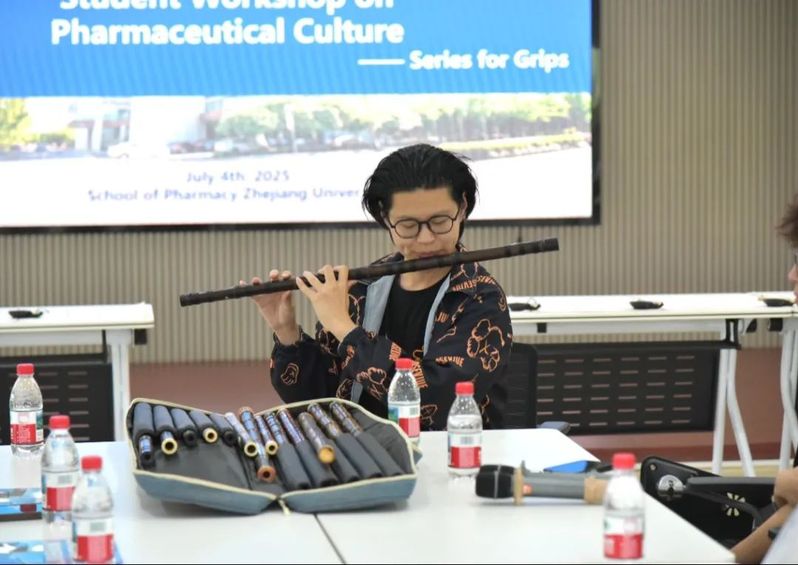
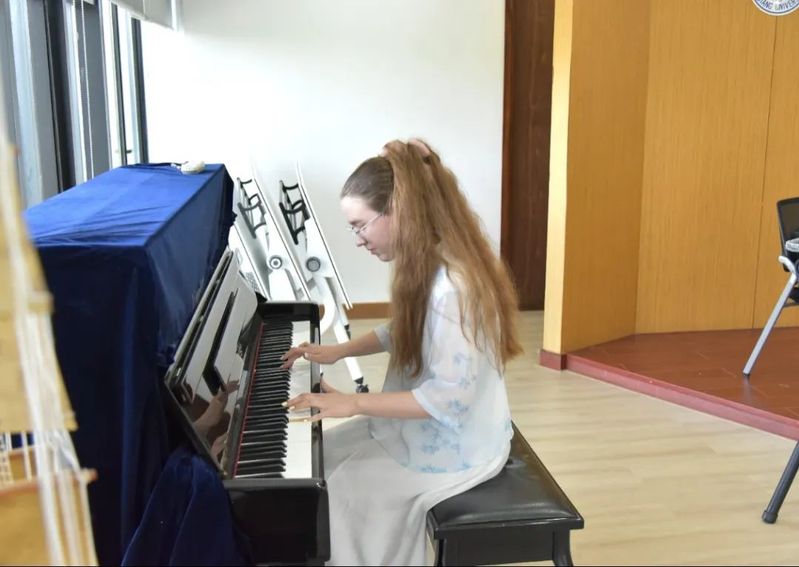
Students participated in exchange programs blending pharmaceutical expertise with traditional Chinese culture, such as the herbal pouch-making competition and calligraphy activities. Through the herbal pouch-making competition, students learned about the efficacy of various Chinese herbs like astragalus, atractylodes, and angelica dahurica, experiencing the charm of traditional Chinese medicine culture. In the calligraphy contest featuring the character “药” (medicine), participants explored its etymology and meaning, gaining a profound understanding of the original aspiration and mission of studying and researching new drug development to serve human health.
